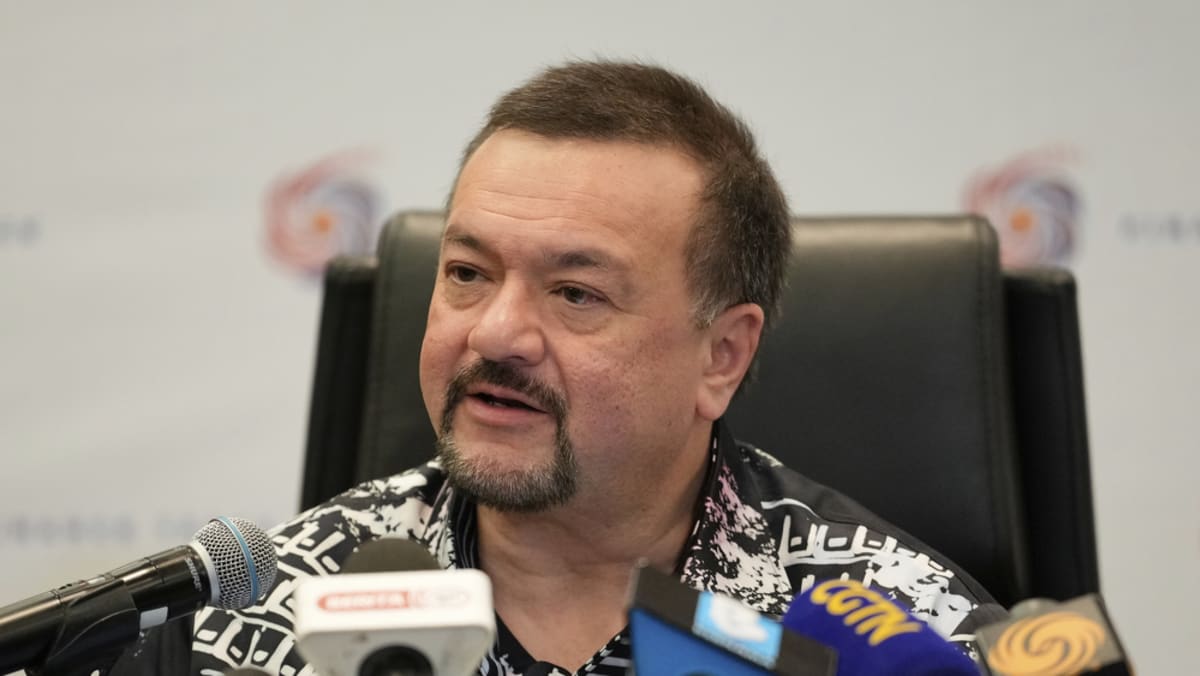Ukraine's Budget Shift: Defence Spending Prioritised as Financial Options Narrow

Kyiv, Ukraine – In a significant move reflecting the ongoing challenges facing the Ukrainian economy, the Finance Ministry has presented a revised budget to parliament. This adjustment comes amidst a complex landscape where both tax increases and increased domestic borrowing have been deemed unsustainable options. The core focus of the revised plan is a strategic reallocation of funds, with a substantial emphasis on bolstering Ukraine’s defence capabilities.
The decision to prioritize defence spending underscores the critical importance of national security in the current environment. While the Ministry acknowledges the strain on the national budget, it argues that ensuring the country’s ability to protect itself is paramount. This shift in priorities has been met with a mixture of understanding and concern within parliament, with debates ongoing regarding the potential impact on other vital sectors like healthcare and education.
Limited Financial Tools
The Ministry's rationale for the revised budget hinges on the limitations it faces in securing additional revenue. Repeatedly, the government has ruled out raising taxes, citing fears of further burdening citizens and businesses already struggling due to the ongoing conflict. Simultaneously, the Ministry has expressed reservations about relying heavily on domestic borrowing, warning that it could crowd out private investment and exacerbate inflationary pressures.
“We’ve explored all available avenues,” stated a senior Finance Ministry official. “Increasing taxes is simply not feasible at this time, and excessive borrowing would be detrimental to long-term economic stability. Therefore, we’ve had to make difficult choices and prioritize where our limited resources are directed.”
Reallocation Strategy: Where the Money Goes
The revised budget details a comprehensive reallocation strategy. Funds previously earmarked for infrastructure projects and certain social programs will be diverted to support the military. This includes increased procurement of military equipment, enhanced training for soldiers, and improved logistical support. The exact figures remain confidential for security reasons, but sources indicate the increase in defence spending will be substantial.
While some critics argue that this reallocation will inevitably lead to cuts in essential social services, the Ministry insists it is working to minimize the impact. Efforts are underway to identify areas of inefficiency within existing programs and streamline operations to free up additional resources.
Economic Outlook and Future Challenges
The revised budget reflects the harsh realities of Ukraine’s current economic situation. The ongoing conflict has severely disrupted economic activity, leading to a sharp decline in GDP and a significant increase in unemployment. International financial assistance remains crucial for sustaining the Ukrainian economy, but the Ministry acknowledges that this support is not guaranteed in the long term.
Looking ahead, Ukraine faces a number of significant economic challenges. Rebuilding the country’s infrastructure, attracting foreign investment, and creating sustainable jobs will require a concerted effort from both the government and the private sector. The revised budget, while focused on immediate defence needs, is seen as a stepping stone towards a more stable and prosperous future.
The parliamentary debate on the revised budget is expected to continue in the coming days. The outcome will have a profound impact on Ukraine’s economic trajectory and its ability to withstand the ongoing challenges it faces.






